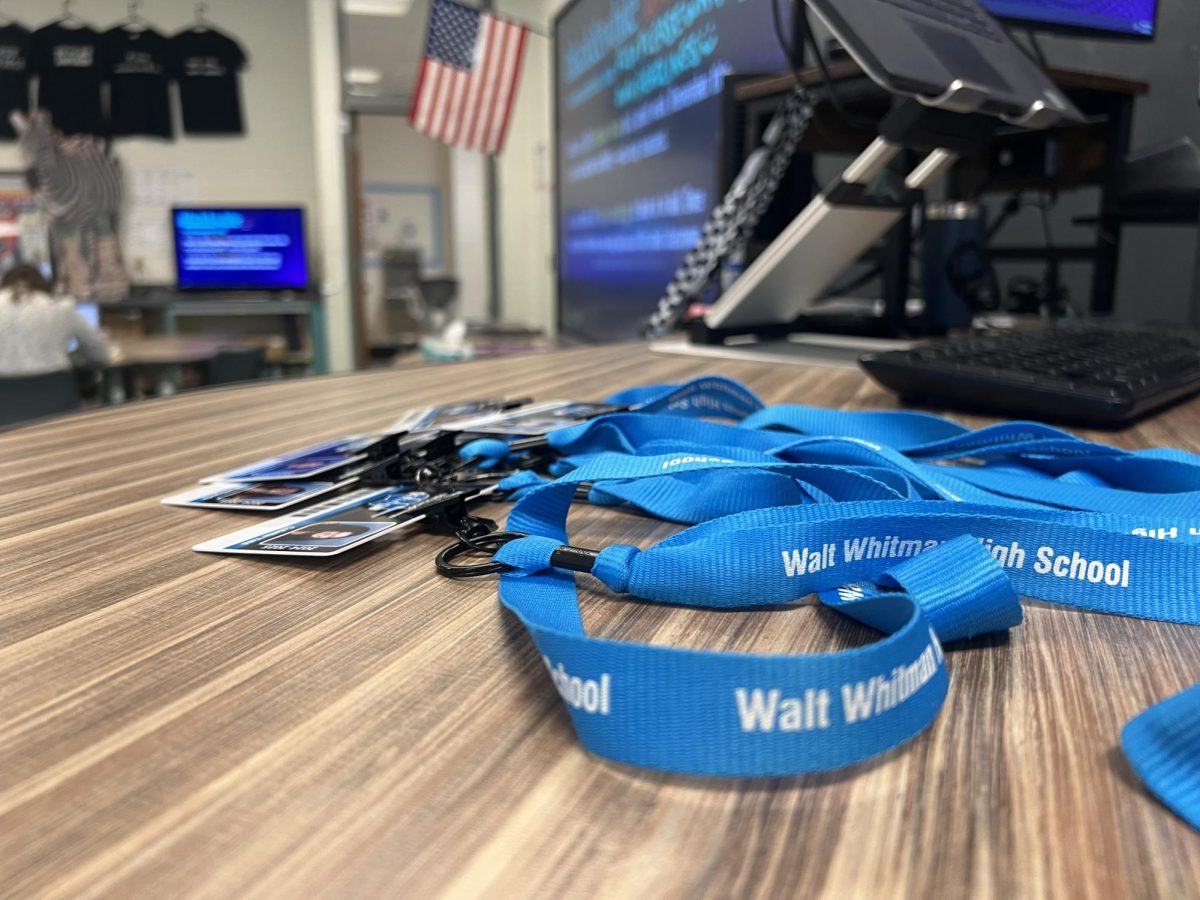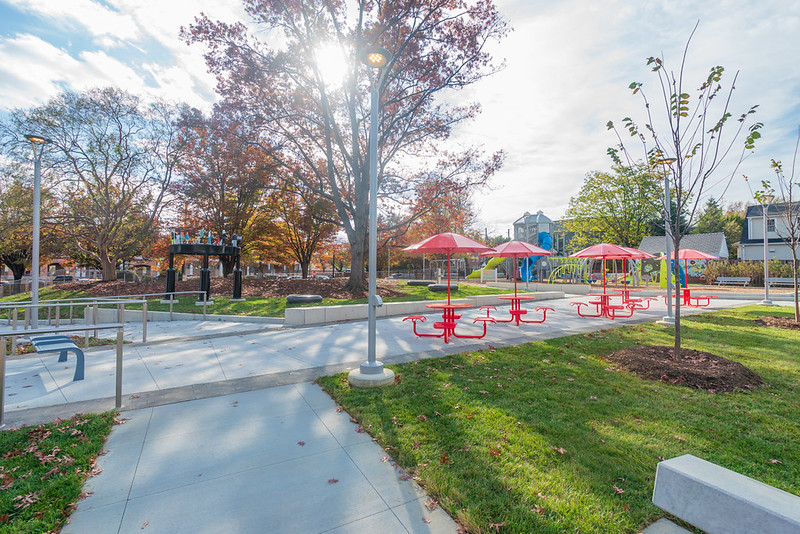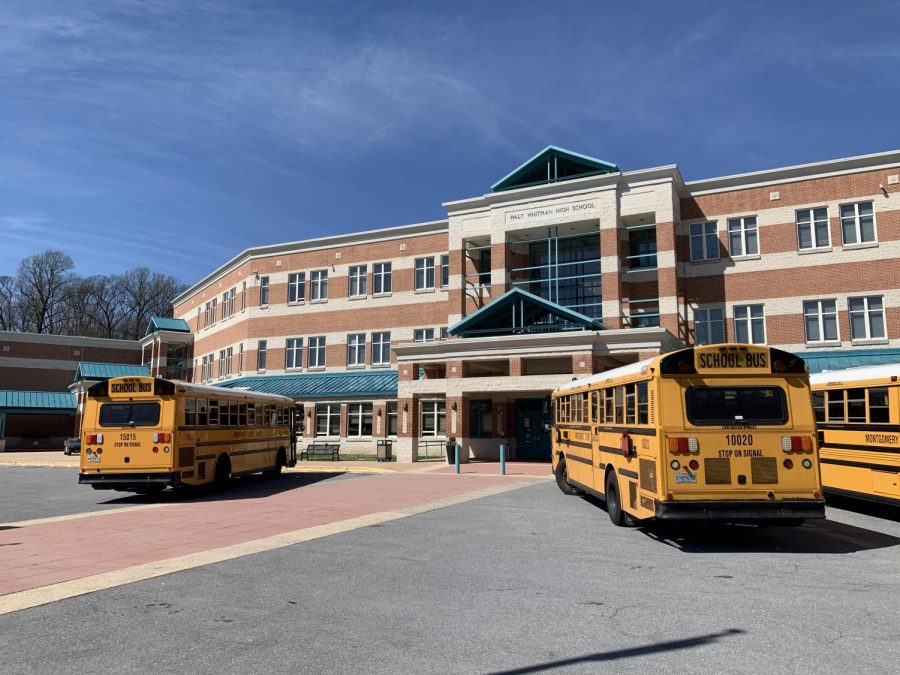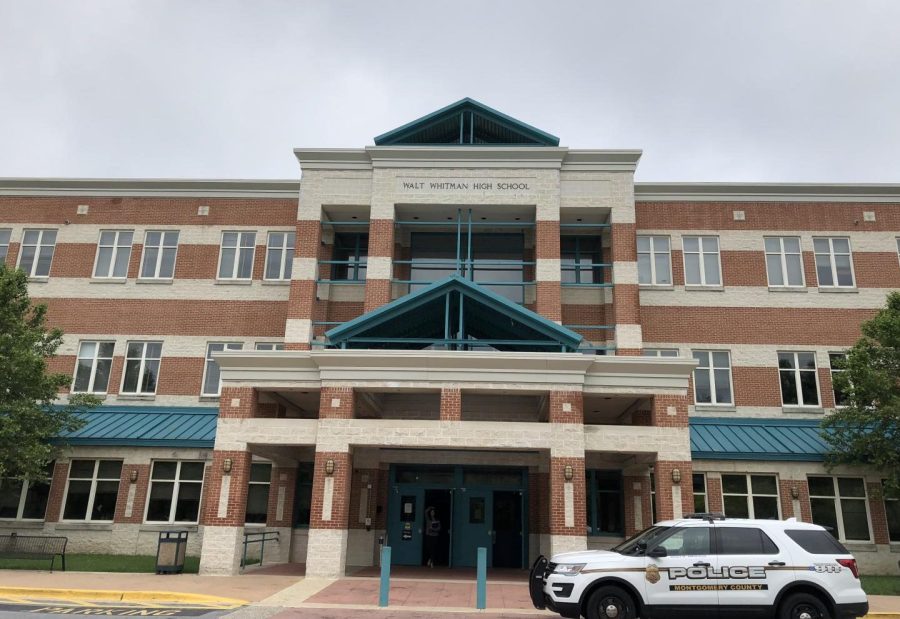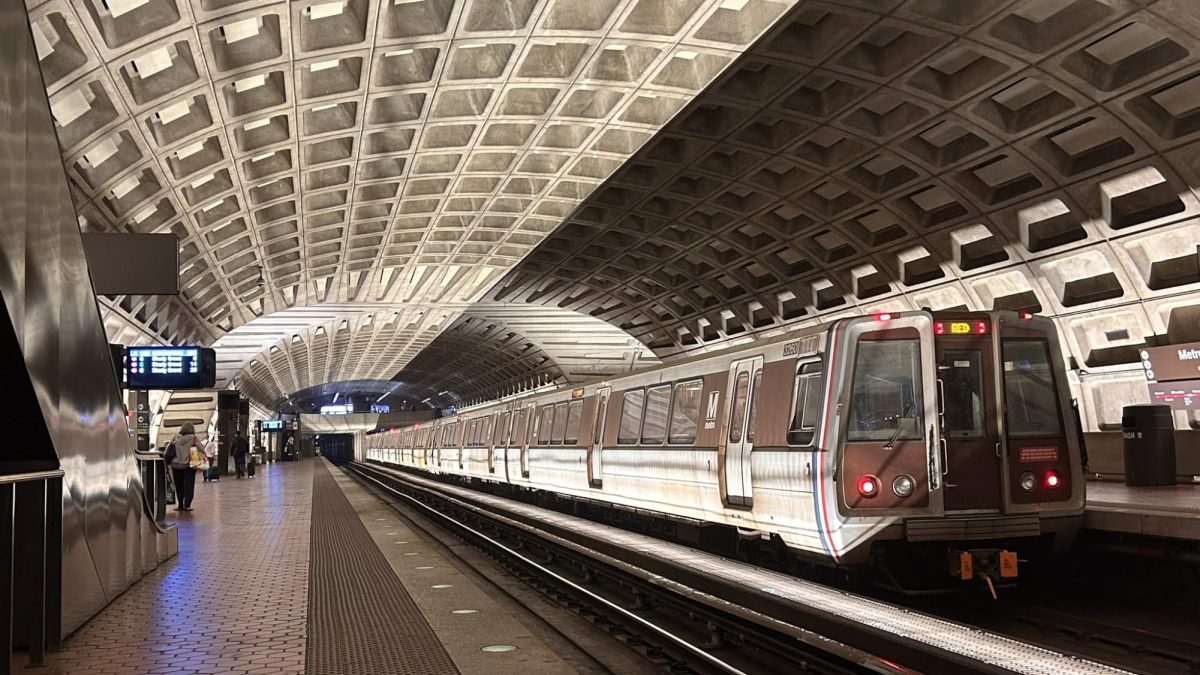The Montgomery County Council unanimously passed Bill 18-24 to progress housing affordability in the county, Nov. 12.
The bill, which Councilmember Gabe Albornoz introduced Sept. 17, proposes removing the requirement for the Housing Opportunities Commission to issue public notices or hold hearings for new affordable housing developments. The purpose of the bill is to streamline the process for completing affordable housing projects.
Council President Andrew Friedson and Councilmember Natali Fani-González led the bill as primary sponsors, with Vice President Kate Stewart and Councilmembers Marilyn Balcombe, Gabe Albornoz, Laurie-Anne Sayles, Dawn Luedtke and Sidney Katz backing it as cosponsors.
Balcombe expressed that the Council’s passing of Bill 18-24 is a step toward making housing more affordable.
“It makes it way more efficient to build assisted family housing,” Balcombe said. “There are such large hurdles to building housing, so if we can get rid of one hurdle, the better.”
Montgomery County is ramping up efforts by enforcing policies that provide diverse housing options to individuals of all income levels. The county is prioritizing access to affordable housing for low-income residents and incentivizing developers to build new affordable units. These initiatives aim to alleviate the housing shortage, meet the increasing demand for affordable housing and strengthen the community’s economic diversity.
Maryland Governor Wes Moore and Lieutenant Governor Aruna Miller have said they are committed to making Maryland safer and more affordable. Moore has also prioritized housing affordability at the state level by backing the Housing Expansion and Affordability Act and the budget to expand housing. In April 2024, three significant bills from Moore’s affordable housing package — House Bill (HB) 538, HB 693, and HB 599 — secured final approval from both chambers of the general assembly, reflecting a broader statewide push to address the housing crisis.
“The housing crisis remains one of the greatest threats to Maryland’s success — and that’s why our administration has assembled the most comprehensive housing package that any Maryland administration has introduced in years,” Moore said.
Enacted in January 2023, Montgomery County Bill 33-22 requires the Department of General Services to submit an affordable housing feasibility study for applicable capital projects to the council. The first study under this law concluded that the alternate site could accommodate both library and affordable housing units, offering flexible options for housing types and increased parking availability.
Montgomery County has also implemented several other housing policy amendments, including the Moderately Priced Dwelling Unit Program and Multifamily Housing Program. On the state level, Maryland officials have implemented and the Attainable Housing Strategies Project, Housing Choice Voucher Program, Tenant Protection Act and Fair Housing Act. Together, these policies work to make housing more accessible by offering priced-down housing units, giving financial assistance to homebuyers and renters, limiting prices, and more, often focusing on low-income individuals and minorities.
The Attainable Housing Strategies Project aims to update zoning laws in Maryland. It allows for more diverse housing types like duplexes and triplexes and encourages the construction of smaller, affordable homes.
Fani-González stated that the next big effort for affordable housing is the Attainable Housing Strategies Project.
“The reason why we’re pushing for more than single-family lots, especially near transit, is because we need more people if we’re going to keep building houses,” Fani-González said. “It’s very controversial, but it’s the right thing to do.”





